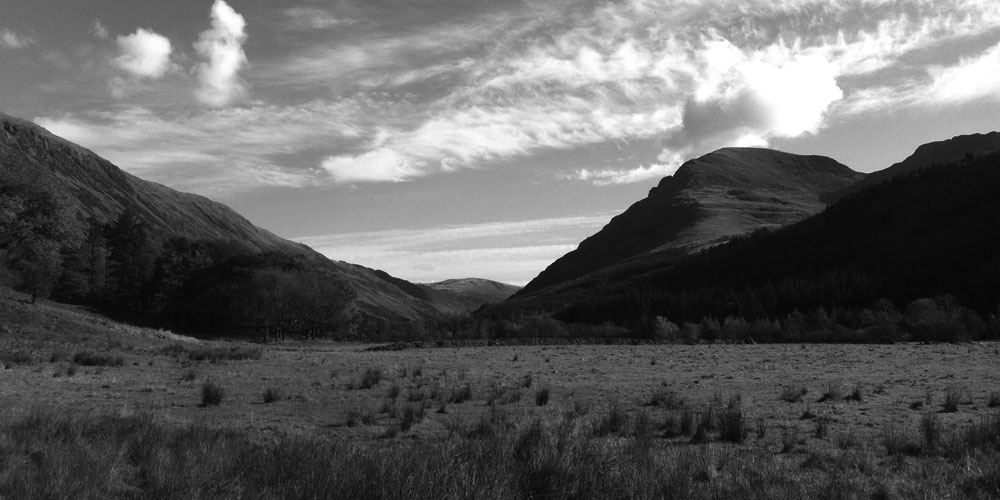The Copeland campaign
Bursting the Westminster bubble “Oh, just go and knock on some doors in Copeland”. This thought has often crossed my mind in party meetings and at conferences over the six years since I moved “down south” from West Cumbria. It would normally...
Bursting the Westminster bubble
“Oh, just go and knock on some doors in Copeland”.
This thought has often crossed my mind in party meetings and at conferences over the six years since I moved “down south” from West Cumbria. It would normally be in response to some naïve left wing idealism or in the face of brazen political ambition.
Politics is different in Copeland. It puts you in your place, makes you humble, is a constant challenge to your motives. Copeland is a place that has had to fight for its economic survival for decades. The choices politicians make determine the success of that fight. Will we still have a hospital? Will the promises of new jobs be delivered? Will you build defences that will protect our homes and businesses from yet another “once in 1,000 year” flood? Put simply, politics matters.
More than 10,000 people work onsite at Sellafield, which is in Copeland. A similar number of people work in the supply chain. The total nuclear workforce represents 50 per cent of the jobs in the constituency. A further 21,000 jobs could be created with the construction of the Moorside nuclear power station. To put that in some sort of perspective, 454,700 people work in the City of London. Let’s imagine the fallout if 227,350 of those jobs were in doubt. Or the implications of creating 454,700 more: the potential for economic growth but also the strain on infrastructure and public services.
Debates on energy policy that fail to recognise the scale of the impact on affected local economies breed deep political disaffection. But too often those debates – at least those that can influence policy – take place divorced from these communities. In conference halls in London or at panel events inside the palaces of Westminster. I have been known to glower at people who make glib remarks about scrapping our nuclear new build programme as if the “jobs” issue is an inconsequential consideration. (It’s clearly not the only consideration: there are climate change targets to meet, and an energy supply to secure.)
But it’s not inconsequential that there are thousands of highly skilled engineers, scientists and tradesmen onsite at Sellafield – and a business ecosystem of education, training and expertise to support it. Nor is it irrelevant that people in West Cumbria would welcome a new nuclear power station. The country is littered with communities that pull rank against any proposal for a wind farm or solar farm in their back yard. Yet here is a community that wants nuclear power – with all its perceived risks and side effects.
And there is nothing ‘unprincipled’ about delivering real, economic growth for some of our most vulnerable local economies. No one would suggest scrapping half the jobs in London for the sake of any ‘principle’. Or propose retraining corporate lawyers, investment bankers and stockbrokers as social entrepreneurs. Social enterprise is good and noble work. But we accept that any proposals to transition local economies need to consider the upheaval to the lives and careers of individuals and their families. Similarly, there are opportunities to add renewable energy to West Cumbria’s energy mix. But from a jobs perspective, a couple of wind farms will not compensate for a nuclear power station. (And besides, our electricity needs to come from somewhere when the wind doesn’t blow.)
Knocking on doors in Copeland is a lesson in politics – and policymaking. I have learnt that the average person on the doorstep in this constituency has a better grasp of Energy policy than the average MP. Copeland voters know that the decommissioning programme at Sellafield will take the best part of 150 years, and that there’s a no-fly zone over the site to prevent an aircraft being flown into the plutonium store and wiping out western Europe.
I have learnt that a politically motivated ‘judicial review’ or a careless delay in the parliamentary process costs jobs – and livelihoods; that major construction projects affect road and rail in sometimes unsustainable ways, and that without long term strategic planning, the pressure on housing, schools and health services could be unsustainable. Simply travelling to Copeland – by any means – illustrates the challenges facing remote communities.
So, yes, I call on all of those reading this article to go to Copeland and knock on doors for the Labour party. Let’s ensure the brilliant Gillian Troughton is elected as the Labour MP. Let’s send a message to the Tories on the proposed downgrading of the West Cumberland hospital and on the vicious austerity visited on local authority budgets. Let’s remind them of the consequences of cutting flood defence and infrastructure spending. But let us also listen and learn – and allow the experience to reshape our politics and our policymaking process. There’s no better place to burst the ‘Westminster bubble’.

